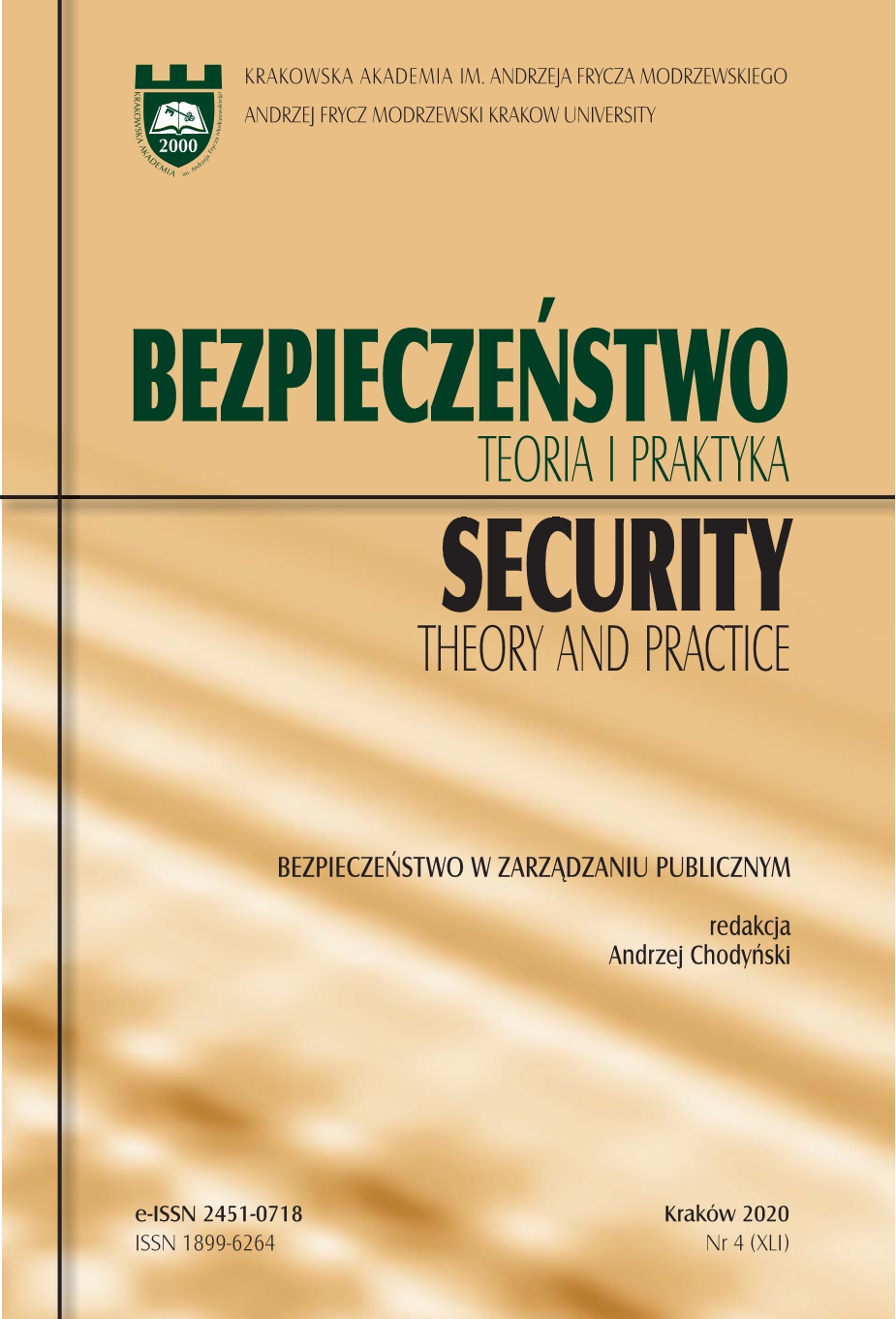Rewitalizacja zdegradowanych obszarów miejskich jako element kształtowania bezpieczeństwa publicznego
The recovery of deprived urban areas as an element of shaping public security
Author(s): Jan KowalczykSubject(s): Architecture, Security and defense, Criminology, Rural and urban sociology
Published by: Oficyna Wydawnicza KA AFM
Keywords: recovery; disadvantaged area; space security; public security; crime prevention; urban local community;
Summary/Abstract: Infrastructural projects undertaken as part of recovery schemes – including reconstruction, renovation, modernisation, and adaptation of old buildings – are aimed at counteracting negative socio-spatial phenomena. This is due to the fact that urban recovery initiatives are conducted in places epitomised by a large concentration of social problems, including unemployment, poverty, poor education, as well as crime, and low levels of safety and security. The connection between degradation of urban space and the level of security in local urban communities was noticed at the beginning of the twentieth century by researchers from the Chicago School, known for their efforts to transfer ecological orientation into social sciences. The social accomplishments of the Chicago School were further developed in the 1960s in the US and Canada. The disappointment with limited ability to influence potential criminals and the low success rate of rehabilitation schemes pushed researchers to focus on other theories pertaining to crime prevention in cities, and to focus more on spatial conditions. The emerging theoretical approaches constituted a set of postulates regarding the ways in which urban space ought to be shaped in order to effectively reduce crime rates and strengthen the sense of security in local communities. The aim of this paper is to analyse the leading urban space security postulates formulated by American and Canadian criminologists and urbanists, and to attempt to provide a sensible answer to the question of whether it is possible to use these postulates for recovery projects in disadvantaged urban areas in order to counteract negative socio-spatial phenomena.
Journal: Bezpieczeństwo. Teoria i Praktyka
- Issue Year: XLI/2020
- Issue No: 4
- Page Range: 91-108
- Page Count: 18
- Language: Polish

